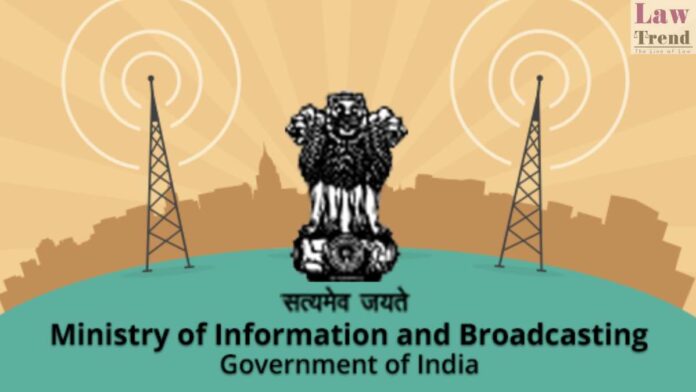The Ministry of Information and Broadcasting (MIB) launched a new self-declaration portal for advertisers today, triggering significant backlash from the advertising sector. The portal, aimed at curbing misleading advertisements, requires advertisers to upload self-declarations vowing their ads are truthful. This move comes in the wake of a Supreme Court directive during the Patanjali Ayurved case that highlighted the rampant issue of deceptive advertising practices.
On May 7, the Supreme Court mandated that no advertisements in print, television, or online platforms could be published without a prior self-declaration submitted through the MIB portal. The court’s ruling led the MIB to quickly establish guidelines and an advisory for the portal’s operation, which officially commenced today.
The advertising industry, however, has voiced severe concerns regarding the feasibility of this mandate. Industry leaders argue that the portal’s “one size fits all” approach fails to consider the diverse nature of advertising media and the varying scales of businesses involved. For example, concerns were raised about whether small businesses, like a local bakery advertising on Google, would be subject to the same stringent requirements as major corporations, potentially threatening the viability of small-scale operations.
Compliance costs are also a significant worry. With India seeing millions of advertisements across various platforms annually—the industry cited over 34 crore digital ads, 8.6 crore TV ads, and 30 lakh print ads in 2023 alone—the sector fears that the portal could become overwhelmed. This could lead to a bottleneck effect, where the sheer volume of declarations renders the oversight process ineffective without substantial administrative support from MIB.
The Internet and Mobile Association of India (IAMAI), representing digital service providers, has officially expressed its dissatisfaction in a submission to the ministry. The IAMAI highlighted that the digital advertising sector, distinct from traditional media, is already regulated under various acts like the IT Act and Consumer Protection Act. They argue that imposing additional layers of regulation specific to TV broadcasting onto the digital space is inappropriate and could stifle the industry’s growth, projected to reach ₹62,000 crore by 2025.
Also Read
Moreover, the industry is seeking clarity on the implications for influencers and celebrities who frequently endorse products on social media platforms. The question remains: Will these individuals also need to file self-declarations for each sponsored post?




